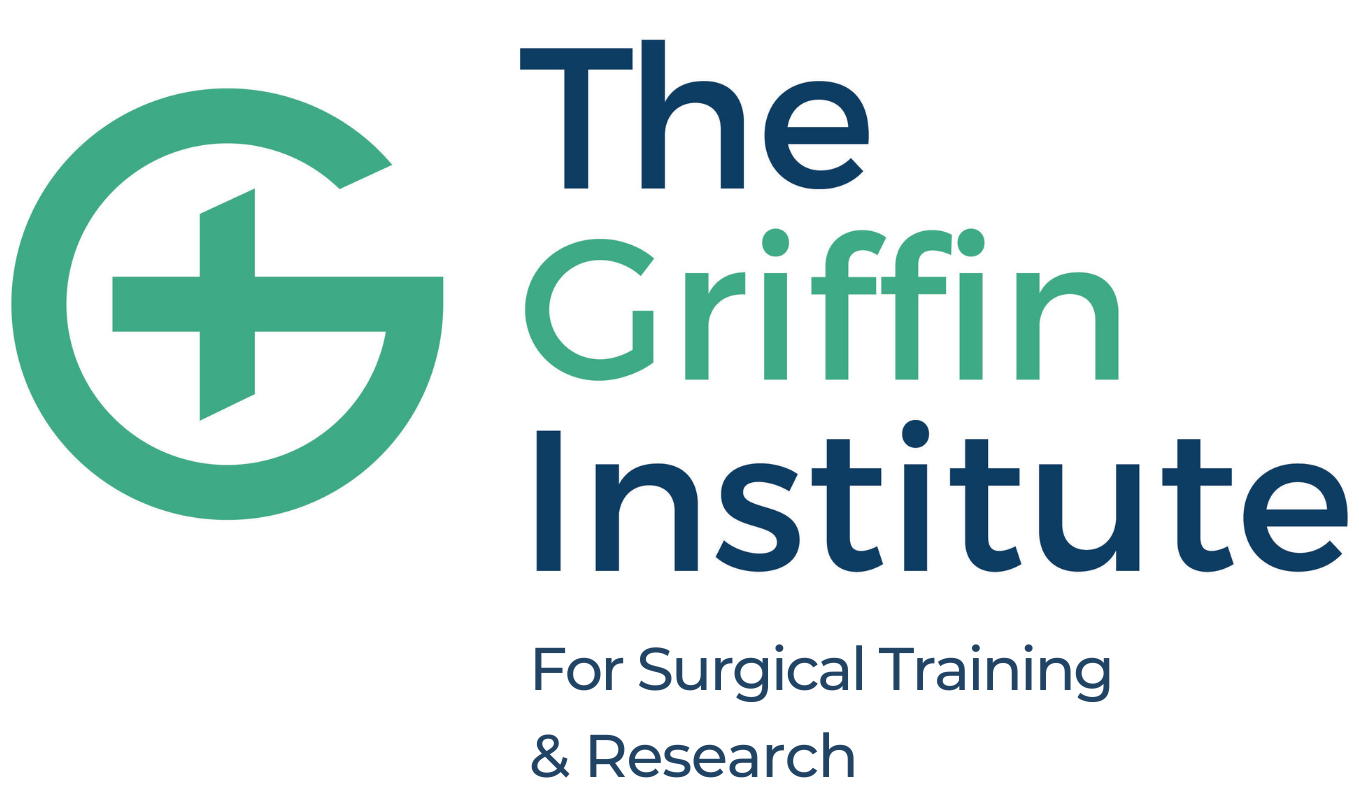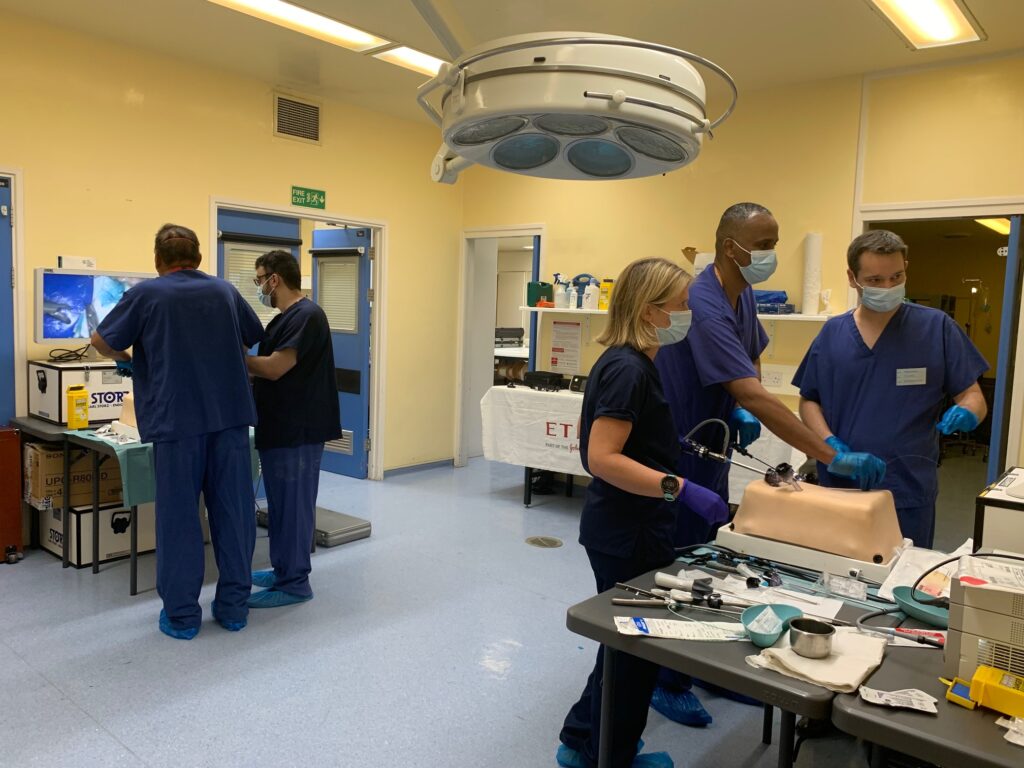Professor Nader Francis, Director of Training at The Griffin Institute, shares his perspective as a surgeon, outlining the experience of The Griffin Institute in the face of the pandemic, and the implications of COVID-19 on training healthcare professionals.
By Professor Nader Francis
Over the past few months during the pandemic, I am very pleased to report that The Griffin Institute (formerly NPIMR) remained open and offering training to healthcare professionals during this difficult time. I feel that it has been our responsibility to resume training and keep the skills maintained during the pandemic.
This unprecedented pandemic has impacted significantly on our lives via a number of aspects. In addition to the many lives we lost because of COVID-19 pandemic, I have seen a number of patients who were unable able to access healthcare systems on time, resulting in delayed diagnosis and/or treatment during the pandemic and lock down. This has resulted in a large backlog which is adding a significant pressure on our services. This ultimately impacted significantly on training. Training the next generation of surgeons has suddenly become a secondary issue amid the pandemic and best offers from training bodies so far are offering to reduce the expected learning objective targets in order to reduce the pressure on the learners as well as the trainers. This, however, will not sort out the problem of lack of training opportunities which may carry serious impact on surgical training and patient safety in time to come.
In recent years, there has been an increase in public and professional scrutiny of surgical performance and patient safety. My fear that the reduced training opportunity during the pandemic may impact on whole entire generation in relation to surgical training and competency, especially in advanced surgical skills, such as laparoscopic and robotic surgery. Therefore, efforts are required from all parties to provide strategies that can help and support training in those areas.
One of these strategies is to keep training centres open and running and offering training opportunities to our surgical community. Obviously, this needs to be adapted to provide training in a safe environment, which has been the case with the Griffin Institute as we restructured our training centre to comply with observing social distancing as well as provision of Personal Protection Equipment to all staff, learners and trainers.
Another factor was behind us keeping open during the lockdown was to offer advanced training to our surgeons who would have normally had to travel to Europe to seek learning. Since this option was not feasible during the lockdown, I am pleased that we are now able to offer such training opportunities for advanced laparoscopic, endoscopic and robotic surgery, here in the UK and in London. This has been only possible with our partnership with Industry such as Intuitive, Creo and Medtronic to be able to offer robotic, endoscopic and laparoscopic courses using human cadaver and other models across all specialities.
We, at The Griffin Institute, are determined that the valuable work of our staff, and in partnership with other organisations and industries, will continue at this time, in order to care for our surgeons and healthcare professionals, for the benefit of our patients.



